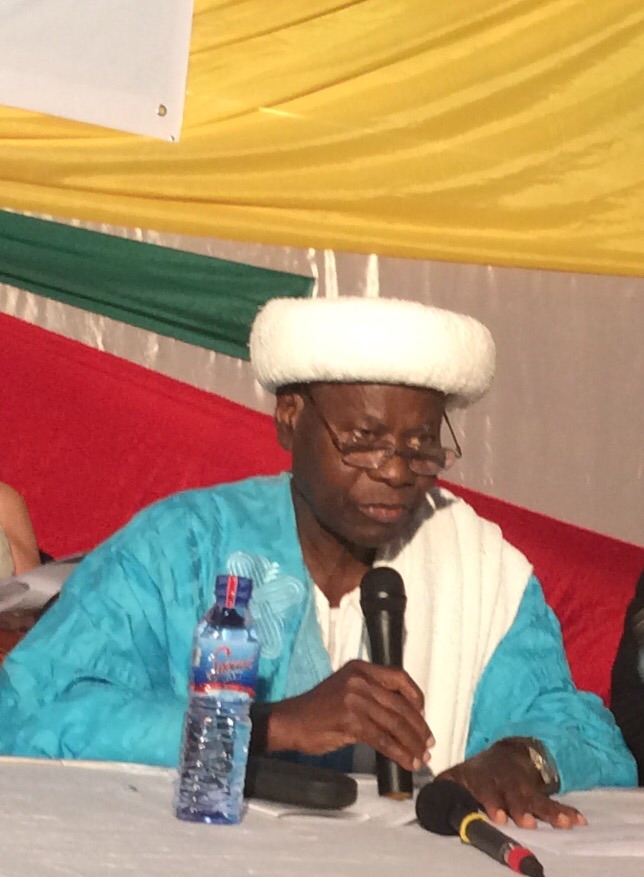OUR FOUNDATION STORY
The Technical University College, Ghana (TUCG) was started in 2001. In 2002, the founder Naa Prof Arkitekt Abubakr Al-Hassan retired from the University of Ghana as Director of Physical Development and Works and took up directly assembling of resources including personnel for its take off.
It obtained its interim Institutional Accreditation from the National Accreditation Board (NAB) in November 2002 to proceed with preparation towards full accreditation. It took three years after this interim Accreditation to receive full Institutional Accreditation to run two programmes namely BSc. Physical Planning and B.A. Religious Studies to be mentored by Kwame Nkrumah University of Science and Technology (KNUST), Kumasi.
The Physical Planning Programme was changed to Human Settlement Planning to conform to modern trends. TUCG now runs eight (8) fully accredited programmes. Visit our Academics page to view a full list of our Faculties and Programmes

OUR CORE MANDATE
Technical University College Ghana (TUCG), Tamale is duly Accredited by the National Accreditation Board (NAB) and Nursing and Midwifery Council of Ghana (NMC). TUCG is currently affiliated to Kwame Nkrumah University of Science and Technology (KNUST), Kumasi and University for Development Studies (UDS), Tamale.
Currently, TUCG is the only functioning and fully Accredited Private University College in the three very deprived regions of North of Ghana out of about eighty-three (83) private university colleges operating in the country. The North of Ghana lags behind in all development indicators and is at the bottom in respect of Health and Education. As a result, there is critical need for tertiary Education in this part of the country and TUCG is well positioned to offer qualified students this needed and critical opportunity.
As the first private university college to be established in Northern Ghana, Technical University College, Ghana (TUCG), Tamale comes to terms with providing quality university education and research in an environment challenged in terms of making university education accessible and affordable to prospective students in the area. Looking at the gaps in capacity and skills needs of local government authorities, public service providers, business and professions, TUCG seeks to close these gaps by identifying the gaps and designing education and research programmes to fill these gaps.